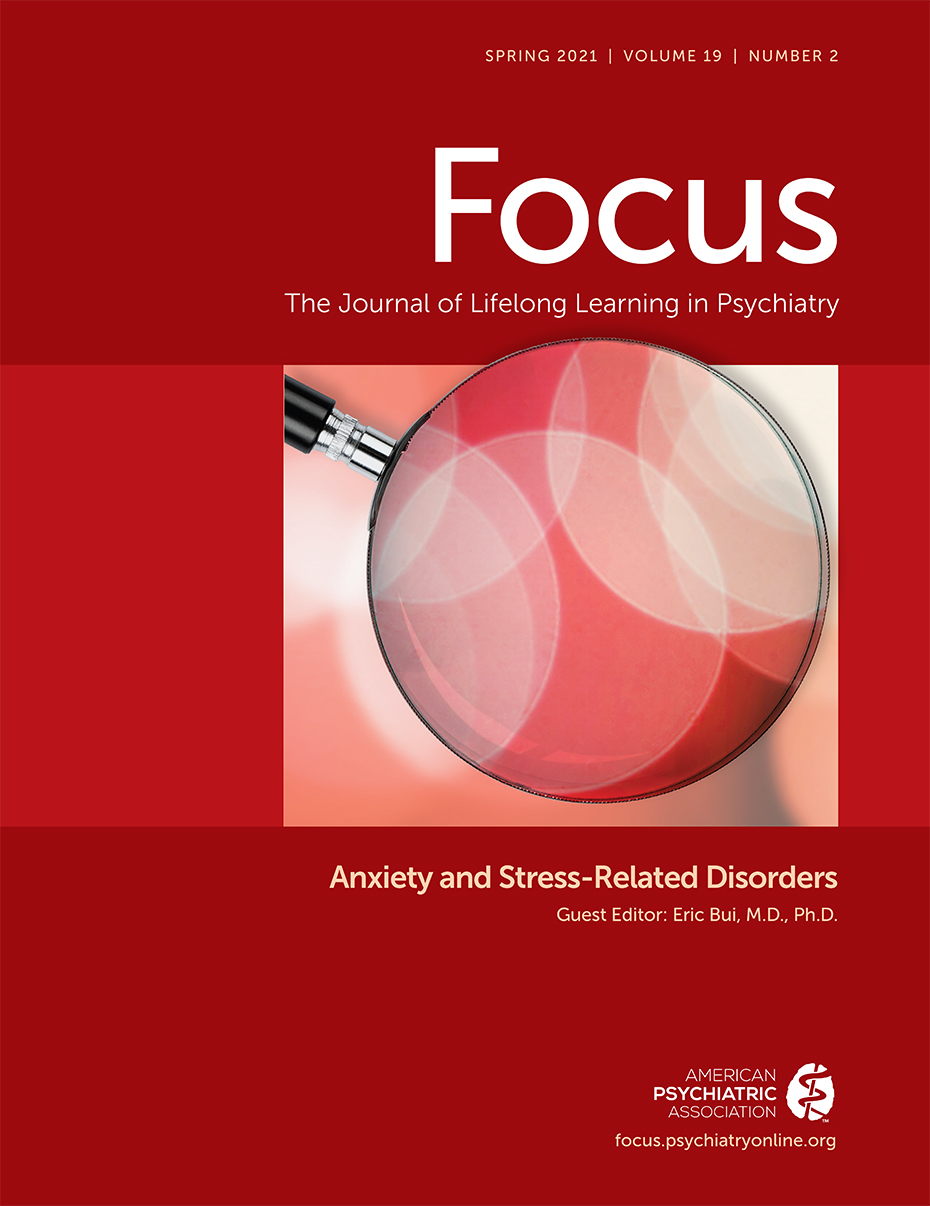Abstract
Losing a loved one is one of life’s greatest stressors. Although most bereaved individuals navigate through a period of intense acute grief that lessens with time, approximately 10% will develop a prolonged grief condition. This review provides an overview of the course of grief and describes risk factors for developing prolonged grief disorder. The evolution of the prolonged grief disorder diagnosis, including the latest criteria sets for ICD-11 and DSM-5, as well as common comorbid conditions and differential diagnosis are discussed. Clinically useful self-report and clinician-rated measures for assessing symptom constructs and overall prolonged grief disorder severity, evidence-based psychotherapies (such as complicated grief treatment), as well as evidence about pharmacologic approaches are presented. Finally, the authors discuss important future directions, including a potential increase in prolonged grief disorder cases due to the COVID-19 pandemic.



